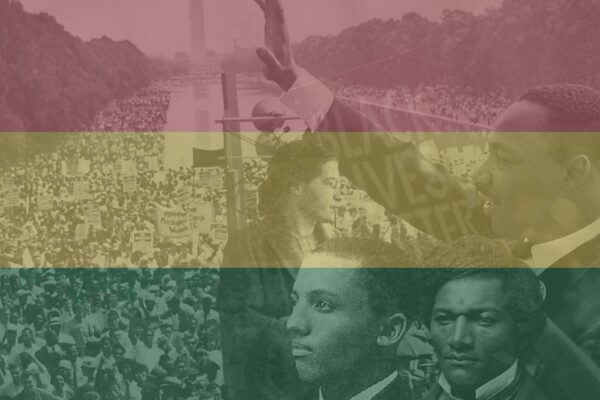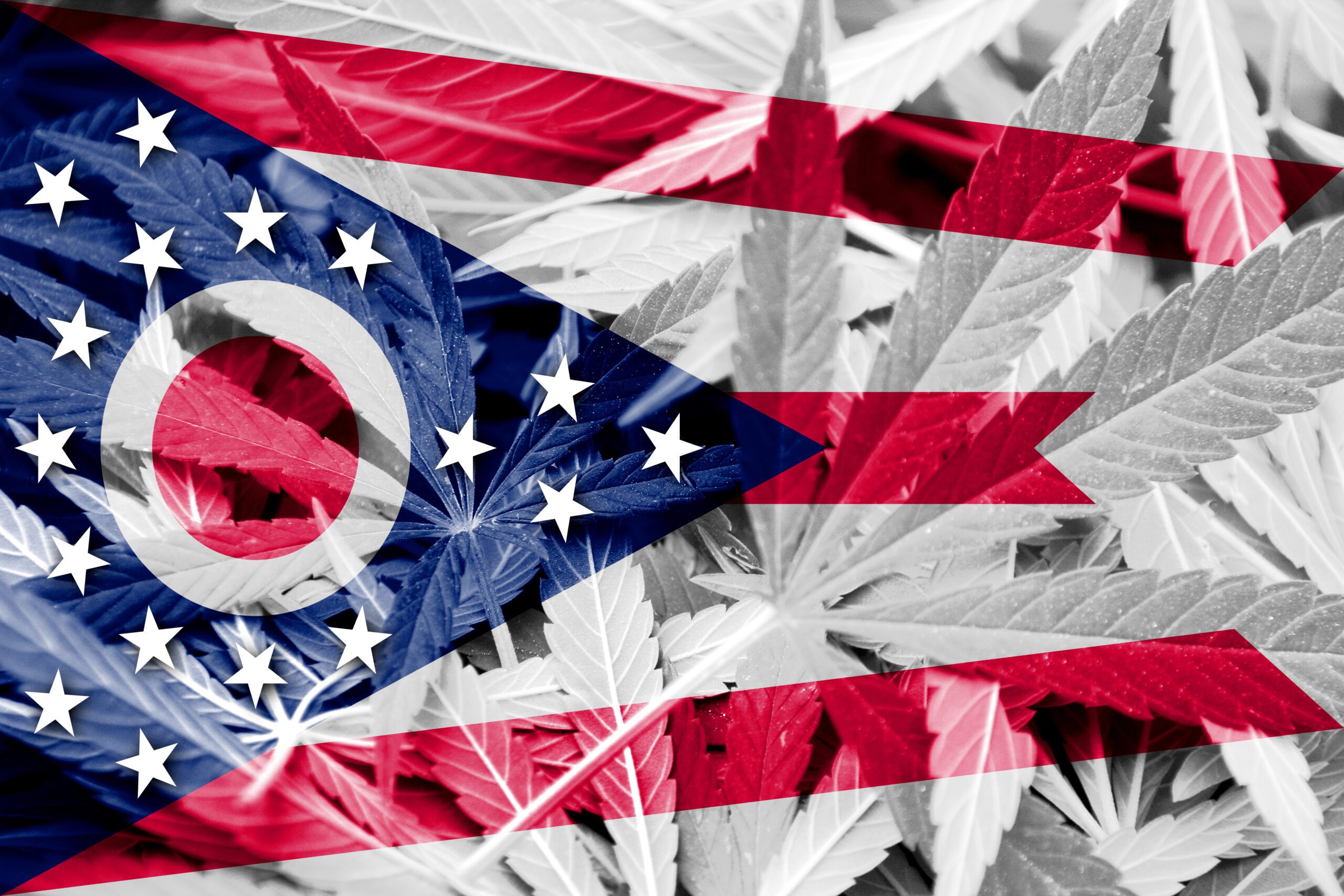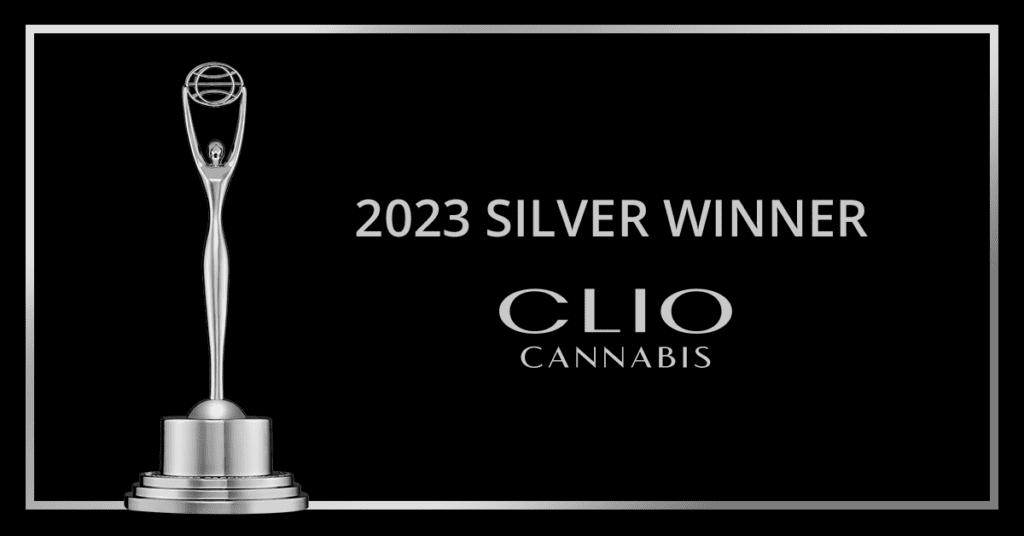If you’re already familiar with PufCreativ, you know how proud we are to actively collaborate and engage with various companies that focus on social equity and giving back. We also believe—that the desire to continue to learn—is one of the most important qualities for forward-thinking humans and brands.
Black History Month is an annual occurrence highlighting the adverse setbacks and glorious achievements of the black community. It’s crucial for companies in the legal cannabis and hemp industries to discuss, identify, and work together to solve these problems BIPOC have faced over the years.
Keep reading as we talk about the origins of Black History Month and the systematic failure of the War on Drugs, as well as the importance of community responsibility and social equity for the healthy future of the cannabis industry.
The Origins of Black History Month
Firstly, as we mentioned above, Black History Month is an annual historical celebration of the achievements and oppressions overcome by African Americans throughout U.S. history.
However, the origin of this month wasn’t until 1915. This was nearly half a century after the Thirteenth Amendment abolished slavery in 1865. Over this period, history has proven there are many crucial leaders to thank for shaping this month into what it is today.
By the 20th century, many states around the country held exhibits and national celebrations regarding the anniversary of emancipation.
Scholars and colleagues would travel from all over. They wanted to learn and spotlight the progress made in their community since the abolition of slavery.
In the Fall of 1915, Harvard historian Carter G. Woodson met American minister Jesse E. Moorland. They discussed these prominent achievements in their community. They then created an organization where these successes can be featured. It is known today as the Association for the Study of African American Life and History (ASALH).
This organization rapidly grew in size and notoriety. In 1926 the committee sponsored a national Negro History week. This was intentionally chosen to be in the second week of February, around the birthdays of Abraham Lincoln and Frederick Douglas. This was intended to be a nod towards their contribution in shaping black history.
This evolution of ASALH’s “Negro History Week” continued to develop. There were several challenging decades in the beginning of the civil rights movement. This was the time in which black people suffered further violence and discrimination, all while fighting for equality and social justice in their communities.
President Gerald Ford officially recognized February as Black History Month in 1976, stating to the American public:
“The last quarter-century has finally witnessed significant strides in the full integration of black people into every area of national life.
In celebrating Black History Month, we can take satisfaction from this recent progress in the realization of the ideals envisioned by our Founding Fathers.
But, even more than this, we can seize the opportunity to honor the too-often neglected accomplishments of black Americans in every area of endeavor throughout our history.
I urge my fellow citizens to join me in tribute to Black History Month and the message of courage and perseverance it brings to all of us.”
Since then, the month of February has been nationally declared: Black History Month.
The Systematic Failure of the ‘War on Drugs’
The War on Drugs is another major catalyst to the tremendous adversity black people have experienced throughout history. In fact, what we call the ‘War on Drugs’ is argued to have always been about race to begin with.
President Nixon and his campaign criminalized substances such as cannabis in 1970. This unfairly impacted minorities around the country.
The black community was suddenly marginalized into harmful stereotypes and stigmas around a plant many people used.
Since this legal shift in the plant and its stigma, prison and jail rates have increased. Drug-related crimes are now the most common reason for imprisonment. Of these people arrested, 46.9% are Black or Latino.
According to an Associated Press review, the U.S. prison population rose from 240,593 in 1975 to 1.43 million Americans in 2019.
The War on Drugs and Black History Month are interlaced with the tremendously challenging values and disparities black people have suffered for thousands of years.
Legal Cannabis in the 21st Century: Working Towards a More Equitable Future
The legal cannabis industry is in a unique position to make an impact in social justice and public policy. There were, and still are, communities disproportionately affected by the War on Drugs.
With that said, the cannabis industry is currently a multi-billion dollar market, especially with federal legalization looming.
It is up to cannabis organizations, brands, and corporations in this thriving industry to understand this unjust history.
Companies must learn how to address these adversities and move forward in a more fair and equal direction.
What is ‘Social Equity?’
According to the American Planning Association, social equity is defined as:
“The commitment and planning for fair and equitable distribution of services and practices. This means recognizing practices that have had a disparate impact on certain communities and promoting fairness and justice in public policy.”
Consider the level of discrimination marijuana prohibition has sparked for these communities. As you can see, the importance of fairly representing these disproportionately impacted groups in the cannabis industry is more urgent now than ever.
PufCreativ: Initiating Change Through Action – Highlighting Black-Owned Businesses, Our Nonprofit Partners, & Awareness Campaigns
Last year, PufCreativ proudly partnered with 9th Block to release an Anti-Racism Guide through the Cannabis Impact Fund.
This guide outlines the importance of social equity in the cannabis industry. It also highlights solutions and actions on how we can effectively move forward.
Over the years, PufCreativ also has been proud to work with cannabis brands and companies that represent social equity and equality for all – all the time. Here are just some of them:
- BIPOCANN is a social equity organization with which our team is proud to work. Its mission is to increase BIPOC visibility and representation in the legal cannabis industry. BIPOCANN works to educate its audience about opportunities to participate in the industry.
- The NACB (National Association of Cannabis Businesses) is a U.S. cannabis organization whose members are responsible, trustworthy, and compliant companies in the industry.
Their first Social Equity Conference was held back in 2020. It was intended to address the barriers made against disproportionately impacted groups of people and how companies can get involved.
- Rolling Releaf is a Massachusetts-based adult-use cannabis delivery service that strives to provide convenient, reliable, and affordable cannabis for all.
The Founders of Rolling Releaf worked tirelessly through their social equity program to become an equitable and ethical business in the industry.
- As a black female-owned business, Just The Tip is a smoking accessory company that offers beautiful, reusable glass tips for smoking joints and blunts.
They are concerned with topics such as different ways to consume cannabis, as well as sustainability in the industry.
- A Massachusetts cannabis dispensary (Coming Soon!)- The Corner Emporium is designated to provide diverse initiatives in career counseling, business workshops, cannabis education.
They will also strive to offer other economic or career assistance for individuals who have been affected by cannabis-related crimes.
At PufCreativ, we believe in social equity during every month of the year. We therefore strive to constantly learn and initiate change through our actions. We support fair representation in the cannabis industry, always.
For any questions about us, or simply to continue the conversation — be sure to connect with us at hello@pufcreativ.com.














